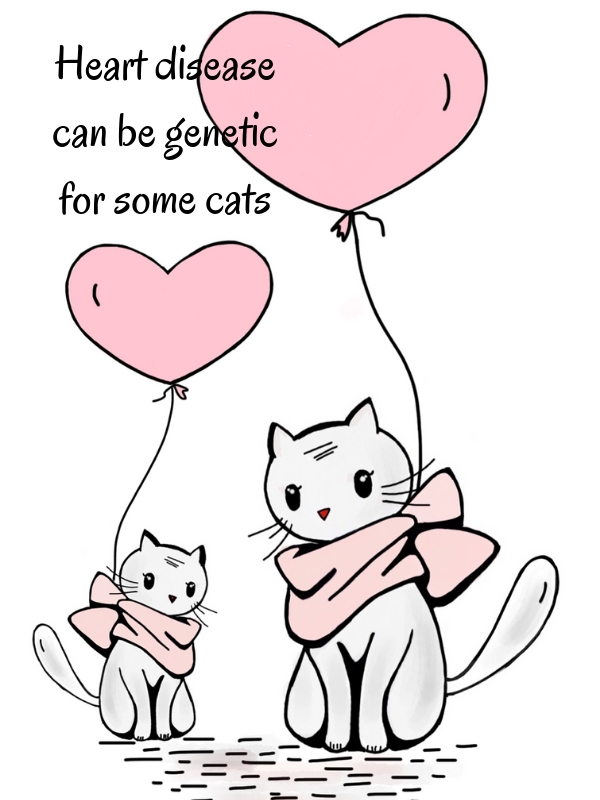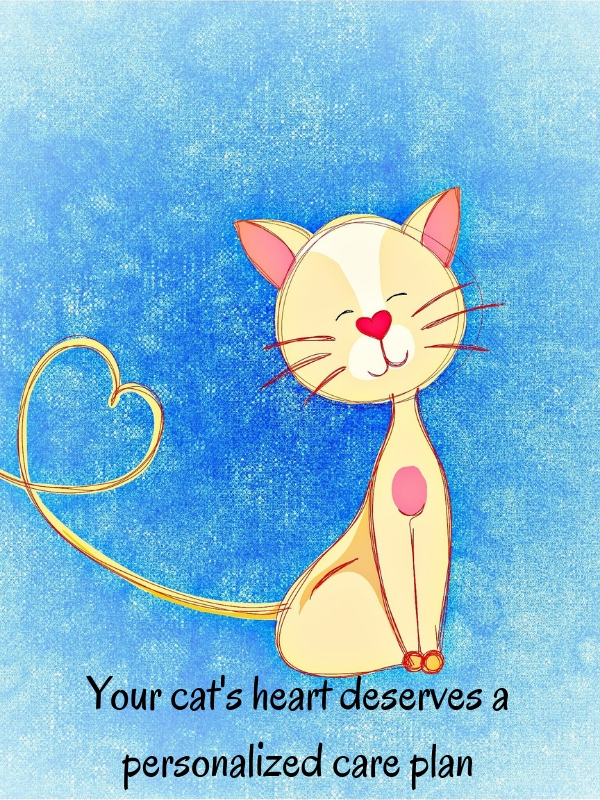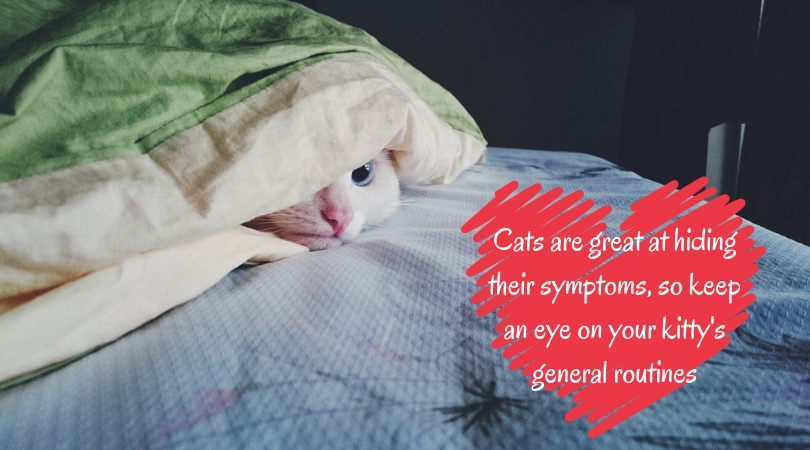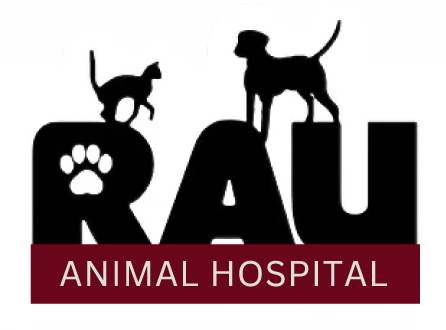You might know that heart disease is a serious issue in humans, but you might not realize it’s also a serious concern for cats.
In fact, according to the Morris Animal Foundation, “the most common heart disease [hypertrophic cardiomyopathy]...affects one in seven cats,” which means heart disease is something you’ll want to be aware of in terms of your kitty’s health.
As you know, the heart is a complex machine with an essential function. You probably have a general idea of how the heart works in that its job is to keep blood pumping throughout your cat’s body. You might think of it as the body’s motor.
Like humans, your cat’s heart has four chambers with two above and two below. On each side of the heart, one chamber pumps the blood in and the other pumps the blood out. This constant circulation keeps oxygen and nutrients circulating throughout the body. However, in the case of heart disease, the heart is weakened. It may not pump as efficiently, or the arteries leading to the heart might be clogged.
 How Do Cats Get Heart Disease?
How Do Cats Get Heart Disease?
For some cats, heart disease can be genetic, or handed down from momma and/or daddy cat. These kittens are born with congenital heart problems.
Others can experience wear and tear on their heart – sometimes due to injury or trauma – while still others might experience malformations of the heart valve or other defects. There can be scarring, inflammation, or a thickening of the heart’s walls which makes it less efficient.
The Sometimes Silent Killer
As you can imagine, untreated heart disease is dangerous. Yet, your kitty might not demonstrate any obvious symptoms. This may be true because they’re asymptomatic or simply because cats are good at masking discomfort.
Either is possible.
When you bring your kitty in for a wellness exam, your veterinarian will monitor your cat’s heart and blood pressure. Based on other factors like age, diet, and exercise, this can provide important insight into your kitty’s wellbeing and health risks.
Cat Cardiology Diagnostics
If your veterinarian suspects heart problems, then he or she will make recommendations for further testing.
Cat cardiology diagnostics could include an ultrasound to see your cat’s heart and the surrounding areas to search for any problems or potential problems. Diagnostics could also include blood tests and an electrocardiogram (EKG), too. The goal is to thoroughly evaluate your kitty’s heart health.
Once the cardiac exam is completed, the medical team will have a better idea of the extent of your cat’s heart disease and can make a personalized treatment plan.
Hypertrophic Cardiomyopathy
Remember that the most common type of cat heart disease affects one out of seven cats: hypertrophic cardiomyopathy (HCM). If your cat has this condition, it means your kitty’s heart walls have thickened, which decreases its efficiency and potentially leads to symptoms elsewhere in the body. While there is no cure for hypertrophic cardiomyopathy, there is feline medication to reduce your cat’s risk of congestive heart failure.
Medication can help reduce the stress on your cat’s heart, and your veterinarian will show you how to monitor respiratory rates and other vital signs so you know what to look for in case of an emergency.
Common Symptoms of Heart Disease in Your Cat
As you know, cats are excellent at hiding when they’re not feeling well. If your cat is isolating himself more than usual, that’s an indication that something could be “off.”

Symptoms related to heart disease include “an increase in respiratory rate, decreased appetite, vomiting, matted fur from decreased self-grooming, weakness in the hind legs (difficulty jumping), and a change in routine (not showing up in the usual places at the usual times).” Of course, each of these could be indicative of many different illnesses or injuries, so it’s important to pay attention to your cat’s habits and contact the veterinarian when you notice changes.
Heart disease is serious, but your cat’s chances of enjoying good quality of life increase with early diagnosis. Regular wellness exams are critical for your best friend’s best health! If your cat shows any signs of distress -- or if she’s due for her routine exam -- please schedule an appointment with your veterinarian.

